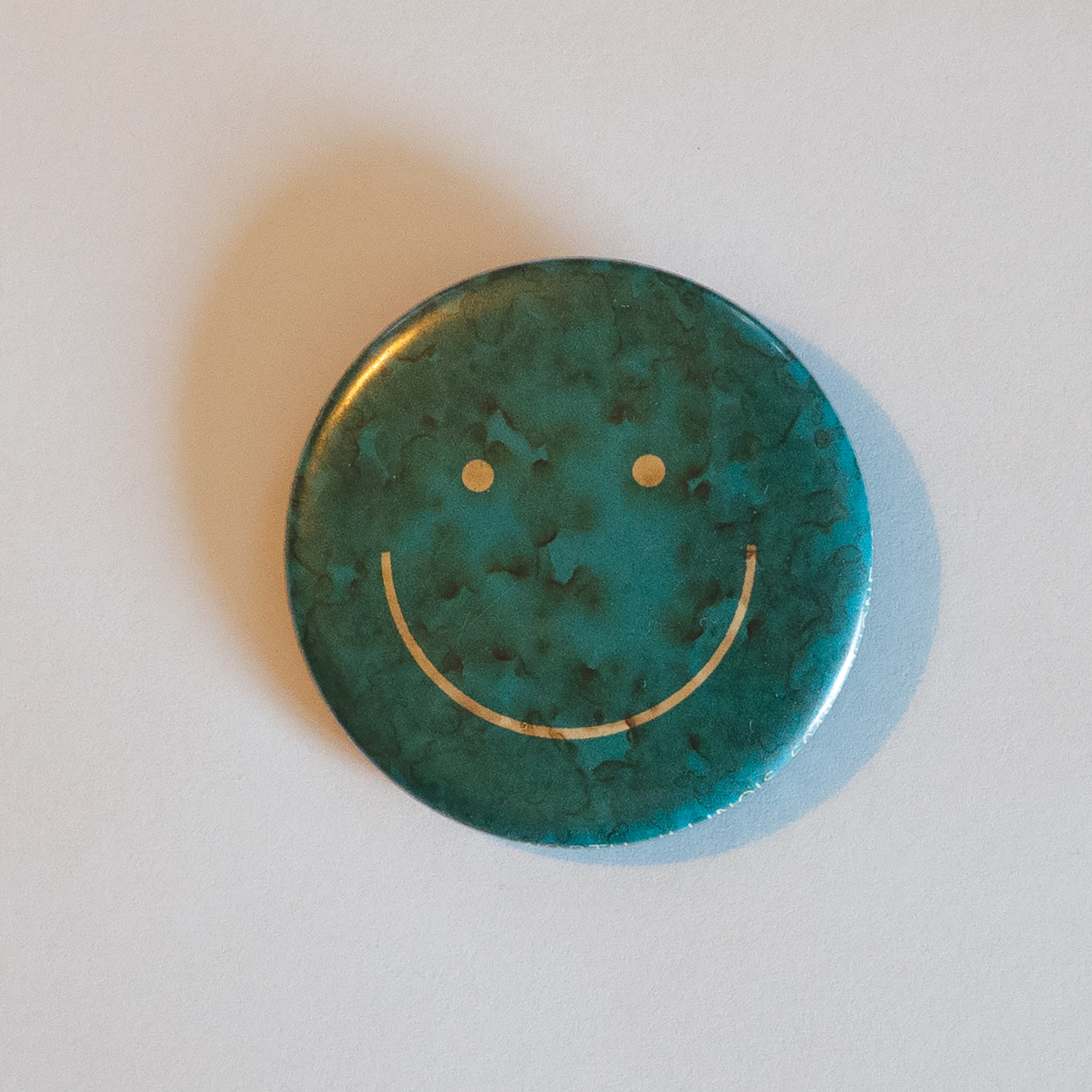Despite his goofball persona, it’s clear there have always been depths to Mac DeMarco. Over the course of a decade, he’s refined a quietly innovative take on indie rock with an ear toward mellow introspection. On his early highlights, like “Ode to Viceroy” and “Freaking Out the Neighborhood,” DeMarco established his laid-back, wisecracking persona with a grounding in incisive songcraft; the unhurried chord progressions of his breakthrough LP Salad Days were a platform for Mac’s particular brand of world-weary wisdom, delivered gently, and with a splash of wry wit; on Another One, and especially on This Old Dog, DeMarco dove further into sincerity, maintaining his voice while uncovering new layers of emotional depth. From cheesy love songs (“No Other Heart”) to reconciliations with trauma (“My Old Man”), each chapter in the Mac DeMarco discography has been a readjustment of that balance between irony and sincerity—the goofy and the confessional, the restless and the sedate.
On his new album, Here Comes The Cowboy, DeMarco adjusts that balance yet again, de-emphasizing vulnerability in favor of caricature and perpetual chill—a natural move for an artist whose entire thing revolves around a sense of calm. But DeMarco has come a long way from the “Freaking Out the Neighborhood” (i.e. shoving a drumstick up his ass while singing U2’s “Beautiful Day”). “The last [album] was very literally like, ‘Hey, everybody, I have daddy issues,’” said DeMarco in a recent interview with Rolling Stone. “This one feels even more emotional to me. Like I’m pumping my lungs out.”
The lyrics are certainly emotional, as he says, but there’s an immediacy to them that feels new for DeMarco, and it doesn’t always suit the music. On “Preoccupied,” DeMarco laments distraction as a symptom of the modern condition: “Opened your mind / And filled it with bullshit / Locked up your heart / Without even knowing it / Must be a sign / The days that we’re living in / Preoccupied / And nobody’s hiding it.” Liquid guitar ebbs and flows, shooting up in periodic spurts around DeMarco’s disaffected couplets. DeMarco has preached reflection and solitude before, but he’s never spelled it out to this degree. He struck a better balance on a song like Salad Days’ “Chamber of Reflection,” pointing to the same idea through a kind of incantatory hypnosis, where repeated chants of “alone” are explicitly tied to the music’s psychedelic sustain; “Preoccupied,” and further Here Comes The Cowboy in general, lacks that same symbiosis.
One reason for this disconnect has to do with schtick. DeMarco has called this his “cowboy record,” explaining that rather than confronting the increasingly popular “yeehaw agenda,” he treats the word “cowboy” as simply a “term of endearment.” Cowboy life, or the idea of cowboy life anyway, is all over this album, and makes for some off the more self-consciously ridiculous moments in the DeMarco canon. Beyond the references to “little dawgies” and “the farm,” DeMarco’s idea of cowboy life seems to revolve around cartoonish simplicity. The album’s title track is three minutes of DeMarco just saying the phrase “Here comes the cowboy” over a few unchanging notes. “Choo Choo” works similarly, leaning on cowboy tropes instead of developing into a fully-realized song: as much fun as it is to imagine DeMarco wailing “choo choo” and pulling an imaginary steam whistle, listening to him do just that for several minutes doesn’t hold the same appeal.

Also Read
Tex Crick: Found In Translation
Where the lovestruck tone of Another One approached its playfulness head-on, Here Comes The Cowboy is torn between these “cowboy” moments and genuine stabs at something deeper. Often, the latter falls flat in the context of the former; the gentle, unhurried sensibility that defines the sound of this album feels disjointed joint the didactic tone of a song like “Preoccupied.” And DeMarco’s ode to his fellow Mac, “Heart To Heart,” though clearly genuine, belies a stasis in the structure. The impeccable songcraft of This Old Dog has been exchanged for the immediacy and accessibility of DeMarco’s “cowboy”—something less constrained, and markedly more unwound.
But where “Preoccupied” feels muddled, a track like “Nobody” retains the meticulous approach that’s worked so well for DeMarco in the past, playing around without sacrificing sophistication. “On the Square” is a glorious hybrid of bass and stately piano, where DeMarco’s knotty wordplay is given a chance to shine: “On the square / Live a life that isn’t there / Square it up / Call me once you’ve had enough.” It’s equal parts silly and subversive, riffing on its title without ever succumbing to parody.
The bit at the heart of Here Comes The Cowboy only succeeds to the extent that it’s integrated into the writerly DeMarco jams we’ve come to know and love. Nowhere is this more apparent than on the closer, “Baby Bye Bye.” Clocking in at almost eight minutes, it’s by far the most ambitious track on the album; the titular refrain persists throughout, but DeMarco switches up the instrumentation every minute or so, with clean breaks that feel like the indie rock equivalent of beat switches. “Baby Bye Bye” is no “Sicko Mode,” but the commitment to disorientation is there. During the fourth minute, the music fades out and ambient sounds drift to the fore—we hear the rumblings of a commuter train before DeMarco jumps back in with rollicking guitars and maniacal yelps of “Yeehaw!” “Baby Bye Bye” doesn’t allow the bit to override what’s fundamentally interesting about DeMarco’s music, and underscores that signature goofball vibe without hammering you over the head with it.
Though it’s ultimately a mixed bag, Here Comes The Cowboy feels like a creative release. Leaving behind the heady meditations of This Old Dog, DeMarco is taking on gravity and frivolity in the same breath. “It’s such a shame to complain,” he sings on “All Of Our Yesterdays.” The cowboy has rolled into town, familiar as ever.




